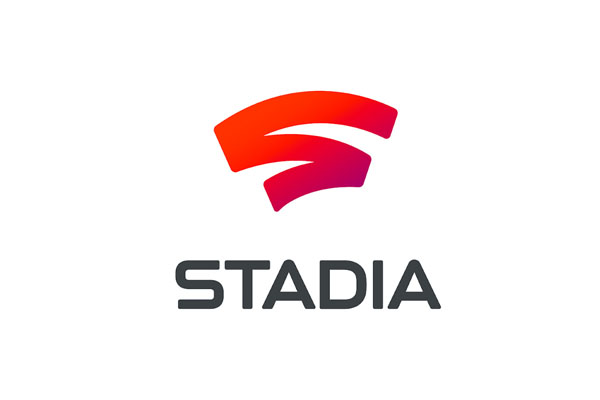The past week has been quite the roller coaster in gaming, particularly with the much anticipated and (depending on who you ask) much loved new cloud gaming platform, Google Stadia.
I discussed a few days ago that there’s a very vocal group of Stadia users and fans who reject all criticism of the product, namely on the standpoint that they themselves didn’t experience this problem — if it didn’t happen to them, then it must be a lie! Or, alternately, they acknowledge the problem, but refuse to accept that, regardless of its source, that it does make Stadia a poor experience.
The critiques against individuals are one thing, but many are also getting quite heated about various media outlets sharing criticisms of the product. The reaction is much the same as the above, a broad sense of denial, followed by blaming issues on the user more so than the concept of0 cloud gaming, or the service itself.
In some cases these outlets, or individual authors have their opinions passed off as simply the rants of people who “hate Google” and want to bash everything they do. Well, that may be true in some cases with some people, sure, but if the criticism has a point that isn’t literally “well it’s made by Google so it’s bad” and is instead, let’s say, about the Stadia service causing Chromcast Ultra’s to overheat or the fact that Google effectively lied about the 4K resolution on some games then they have to be taken for what they are — actual valid criticisms of the product or service as an video game platform and experience.
The gaming press is going to report on them, especially considering that the internet on a whole loves negativity. On a contrast, there are people who will, regardless of reality, fight any and all negative commentary against something they love. In the previous article I discussed this as choice-supportive bias — basically an unwillingness to accept problems in anything one has invested time, money, or emotion into, and many who love Stadia demonstrate this in an almost textbook way.

Here’s the thing: Opinions are neither right nor wrong — they are simply a view formed from collected information on a given topic. Contrary to what you may think, much of the negative commentary surrounding Google Stadia is no at all from people who simply “want to hate it” or something like that, but instead people pointing out where it does not perform up to what was advertised, where issues one could not expect show up, or simply where they don’t enjoy it personally.
There opinions do not negate your own, nor do yours theirs. Instead, they can be used as a way to broadly gauge the product in the real world from a variety of people. One can use those opinions and, based on the ones that seem to come from people who most match their own state in life, can use that information to make an informed purchasing choice, aware of problems they may encounter or benefits it may provide.
Lashing out against these opinions you may not agree with looks like simple desperation to justify your purchase of or investment into the Stadia ecosystem. I find it hilarious how many people seem to think that the product is beyond criticism yet simultaneously will attack other products in very similar ways — sometimes as petty as the attack they claim some are making against Stadia.
News is intended to be objective – very “matter of fact” rather than in the sharing of opinion as fact, and many gaming outlets have done a fine job in sharing the good, the odd, and the bad with Stadia, as they have most anything else. Again, I’ll agree some may have a bit of a nasty bias, but if they bring up a criticism that others do as well, then it still is probably valid.
As it stands Stadia has a bit of a negative perception in the gaming scene, and hostility to this fact does the fans of it no favor. As I said in the previous article, if it works for you, wonderful. No one is denying that, but do not ever deny the actual experience of others if it does not align with your own. Just because it works well for you doesn’t mean it will for everyone, even for those with “good” internet connections.
Instead of getting mad at those reporting problems, you should hope that the team behind Stadia work to solve these issues as soon as possible, before permanent damage is done to the collective opinion of Stadia.
Also, don’t help that negative opinion grow by being an asshole to anyone who says anything bad about it. How about you instead spend your time enjoying it, rather than sitting online spewing hatred to those who don’t share the same opinion as you.
